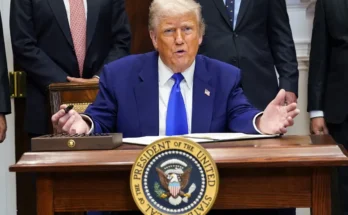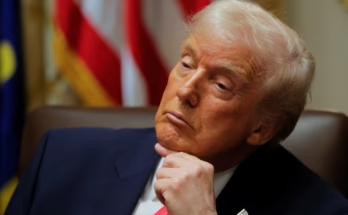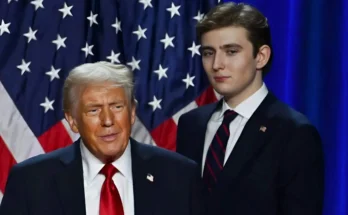Once hailed as unlikely allies, Donald Trump and Elon Musk’s relationship has unraveled into a public feud that reflects deeper tensions in American politics and global influence. Their fallout—ignited by Musk’s criticism of Trump’s “One Big Beautiful Bill Act” and his abrupt exit from the administration—has spilled across social media platforms like X and Truth Social, turning personal disagreements into ideological warfare.
Musk, once a vocal supporter, began distancing himself after clashing with Trump’s cabinet over policy decisions, including a controversial attempt to appoint IRS whistleblower Gary Shapley without consulting Treasury Secretary Scott Bessent. The resulting West Wing confrontation was explosive, with Bessent reportedly shouting profanities loud enough for Trump to hear from the Oval Office.
At the heart of the feud lies a clash of visions: Trump’s populist loyalty-driven governance versus Musk’s libertarian, tech-centric disruption. Their breakdown isn’t just about ego—it’s about control over America’s future. Musk’s push to slash government spending and launch the “America Party” signals his ambition to reshape political norms, while Trump’s counterattacks underscore his grip on traditional conservative power bases.
Globally, the rift sends ripples through markets and diplomatic circles. Musk’s ventures—Tesla, SpaceX, and Starlink—are deeply entwined with international infrastructure and defense. Trump’s policies, meanwhile, shape trade, immigration, and global alliances. Their feud could influence everything from tech regulation to geopolitical strategy.
In essence, this isn’t just a celebrity spat. It’s a symbolic fracture between two titans whose visions for leadership, innovation, and influence are colliding—publicly, loudly, and with consequences that stretch far beyond Washington.



